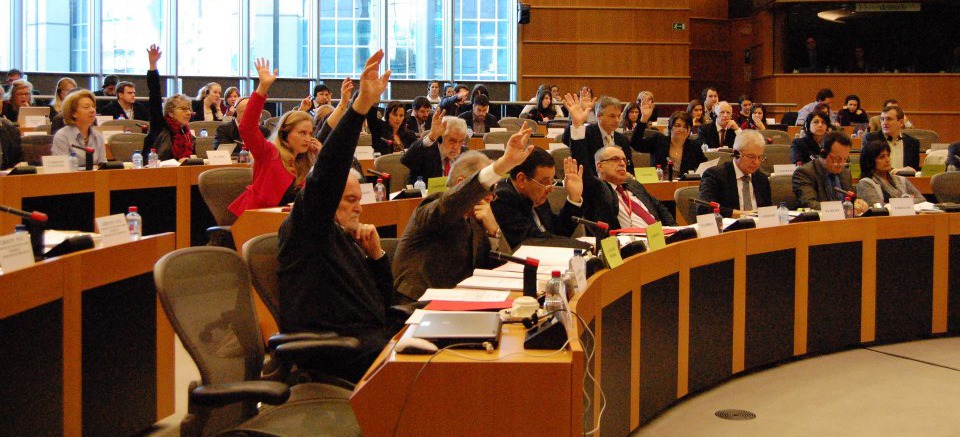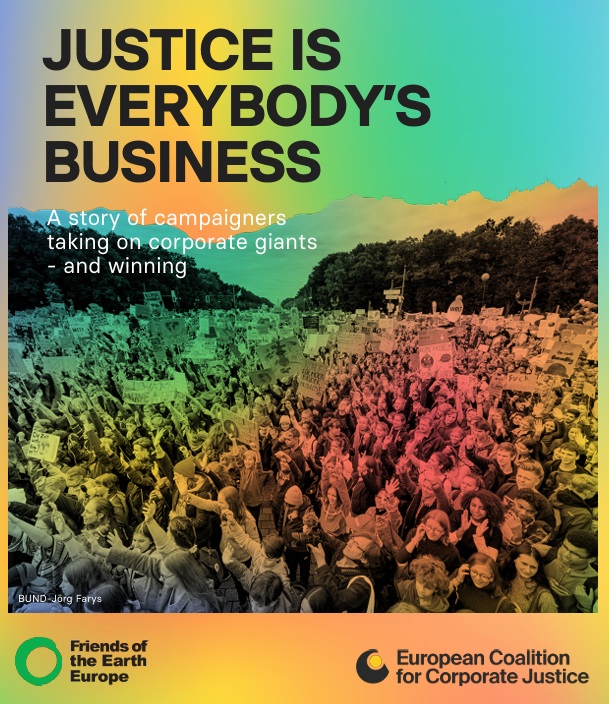A petition calling for better access to EU documents gained significant support in the European Parliament today.
The petition was instigated by Friends of the Earth Europe and ClientEarth and signed by 19 civil society organisations all concerned by systematic failure by the European Commission to uphold the fundamental right of access to documents – in particular when it comes to environmental information.
At a discussion of the Parliament’s Petitions’ committee, several MEPs spoke strongly in support of the petition and stressed the quality of the evidence gathered by the petitioners. They criticised the European Commission for failing to answer in detail all the points raised in the petition, going as far as assimilating this with disregard for citizens and their right to hold the EU institutions accountable.
Michael Cashman MEP, member of the Petitions’ committee and rapporteur on the revision of Regulation 1049/2001 in the committee on civil liberties, justice, and home affairs said, “It was evident from the response of the Commission that there is almost a blatant disregard for citizens’ wishes to hold the Commission, the Council, and the Parliament accountable.”
In response to the petition, the Commission failed to answer to three out of the five specific aspects raised. It completely ignored complaints about its systematic failure to respect time limits and to demonstrate the absence of overriding public interest in dealing with applications, and about non-compliance with the European Ombudsman.
Instead the Commission focused on the complaints regarding failures to actively disseminate environmental information and to apply the provisions of the international Aarhus Convention on access to environmental information. The MEPs were left unconvinced by the Commission’s arguments on these aspects.
MEP Michael Cashman stated, “this petition should be kept open either until it’s been satisfied or until the revision of the regulation has been completed”.
As a result the committee decided to leave the petition open and committed to cooperate with the committee on civil liberties, justice, and home affairs on the matter. Once the Commission provides the petitioners and the MEPs with an adequate response, members of the Petitions’ committee will meet again to discuss follow-up action.
Commenting on the outcome of the meeting, Natacha Cingotti, transparency campaigner at Friends of the Earth Europe, said: “That MEPs in the petitions committee supported this petition and recognised the value of the evidence provided is reassuring and encouraging. The right to access information is enshrined in the EU treaty and must be safeguarded. When it comes to information about the environment in particular, it has become a pattern within the European Commission to make secrecy prevail over openness.
“The Commission is not complying with its legal obligation to provide access to documents such as scientific studies, even though EU law places an obligation on it to make these documents available This is dangerously hampering citizens’ ability to take part in the decision-making process and further damaging public trust in the EU institutions and how they make decisions.”
The petitioners hope that MEPs will use the evidence provided in this petition to:
- Pressure the European Commission to comply with its legal obligations when it comes to access to documents (in particular about environment), under the Aarhus Convention, Regulation 1049/2001, and Regulation 1367/2006;
- Avoid that the scope of the right to access to documents is reduced in the current negotiations about the review of Regulation 1049/2001 on public access to EU documents;
- Pressure the Commission to finally align Regulation 1049/2001 on public access to EU documents with the provisions of the international Aarhus Convention on access to environmental information. The upcoming review of the Aarhus regulation (Regulation 1367/2006) provides the opportunity to do so.
Friends of the Earth Europe and ClientEarth will continue to advocate jointly for the respect of the public’s right to access EU documents, including by pressuring the European Commission to respect its obligations on access to environmental information.






